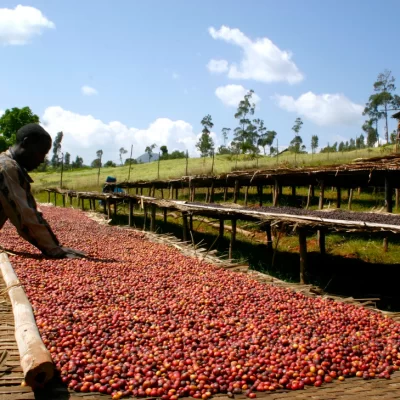Our Coffee
![]()
Home
- /our coffee

Coffee That We Produce
![]()
Ethiopia is the motherland of Coffee Arabica. It is endowed with a rich variety of coffee and its diverse origins. Ethiopian coffee is rich with original flavor and aroma because of the geographical (altitude, soil, temperature, rainfall, topography, ecology), genotypic and cultural variety within the country. Coffee has been growing in Ethiopia for thousands of years, in the forests of southwestern highlands. The word coffee drives from Kaffa, name of a place in the South Western Ethiopian highlands where coffee was first discovered. It is also known to be the first Coffee Arabica exporter in Africa and is currently the fifth largest coffee producer in the world.
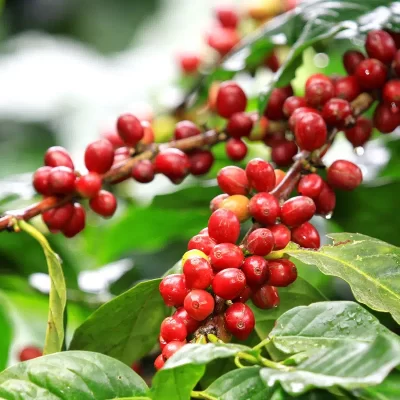
Sidama Coffee
Southern Ethiopia is home to the Sidamo area. It comprises Sidamo coffees, which have a flavor profile similar to Guji, Amaro, Aleta Wendo, Gurage, Wollaita, Kembata Tembaro, Bale, Arsi, and Basketo. These coffees can be combined to make the export Sidamo Espacalty coffee, washed coffee, and sundried/unwashed coffees.
One of the most notable characteristics of Sidamo coffee is its flavor diversity, which stems from the region’s many varieties (heirlooms). Coffee from numerous small producers is pooled at the cooperative level. This results in a combination that gives Sidamo its complexity in the cup.
Guji Coffee
The coffee-producing woredas of Anasora, Banko Baya, Banko Micica, Messina, Hambella wamenna, Tirtira Guyo, Kercha, Uraga, Adola, and Gurrachu make up the Guji area. Earlier before 2018, Guji coffee was classified as part of the Sidamo A area. It has now evolved into a separate quality with its qualities.
Many exporters own processing plants in the region, allowing them to stockpile high-quality export grades Guji 2 (washed) and Guji 3 or 4. (natural). To make high-quality Sidamo 4, a lot of natural Guji is needed (also called Sidamo A flavor).
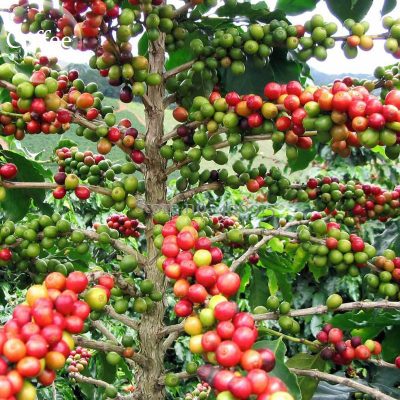
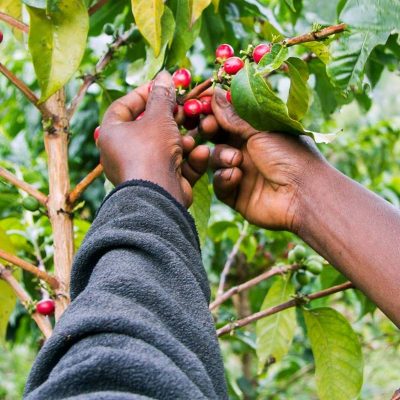
Yirgacheffe Coffee
The yirgachefe area is a tiny region inside the greater Sidamo region. Coffee quality varies greatly, allowing a small region to have its commercial classification. Kore, Kochere, Gelana, Boji, Konga, Beloya Aricha, and Hama are coffee-producing locations with a similar cupping profile and are therefore internally classed as Yirgachefe coffee.
Unlike other coffee areas, Yirgachefe is internally rated with the letters A and B depending on cup profile, with A denoting coffees that exhibit the traditional Yirgachefe flavor (black tea, florals, citrus) and B denoting those that do not. However, specialized grade Yirgachefe B is available, with great cupping characteristics but without the “traditional” Yirgachefe flavor.
West Arsi Coffee
Arsi’s west zone Those in the Worka, Reffisa, Nensebo, and Sakorre villages, in particular, carry freshly harvested coffee to the market district, which is located in the West Arsi zone. Each farmer owns an average of 2-5 hectares of certified organic coffee and will normally maintain and select their coffee before transporting it to the station. After floating cherries in water to remove “floaters,” they are spread out to dry on raised beds. The coffee is regularly rotated on the beds to promote equal drying, and any underripe cherries are taken off throughout the drying process. This coffee takes 15-18 days to dry, depending on the weather.
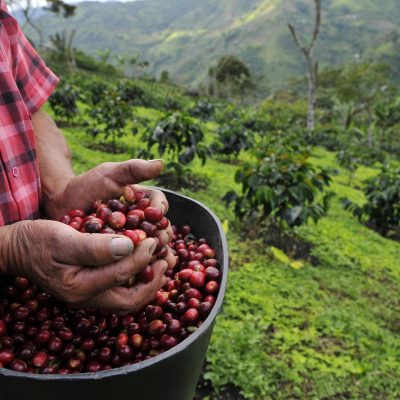
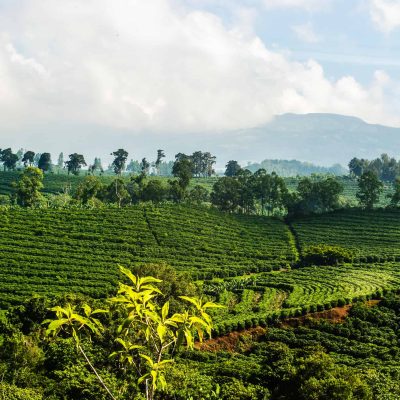
Limmu Coffee
Limmu is one of the zones of the Oromiya coffee-growing regions in southwest Ethiopia. Limmu coffee grows at an elevation of 1500-1900 meters above sea level, yielding medium-sized beans with a distinctive round shape and greenish tint. It is typically washed and has a cupping profile similar to Sidama and Yirgacheffe coffee, with citrus acidity, gentle berry undertones, and chocolate-floral aromas. The flavour is often defined by a balanced and clean cup. The coffee brew offers a smooth mouthfeel with bright floral notes. It’s balanced, sweet, mildly spicy, and has lovely wine-like qualities. Floral and stone fruit notes can also be found in some Limmu coffee.
Limmu is known for producing high-quality washed and dry-processed coffee. It also has a reputation for producing better coffee, owing to higher agronomic standards and processing, as well as well-established plantations and a large number of washing stations.
Keffa Coffee
Kefa/Kaffa is said to be the botanical birthplace of Coffea arabica, the species that produced all of the world’s commercially traded coffees until the twentieth century and now produces all of the excellent ones. This Natural lot is produced by smallholder farmers in Kaffa. They grow local landraces at high altitudes in forested locations where the warm days and cool nights are ideal for producing rich, delicious coffee.
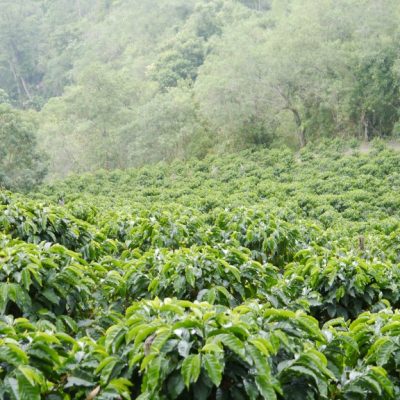
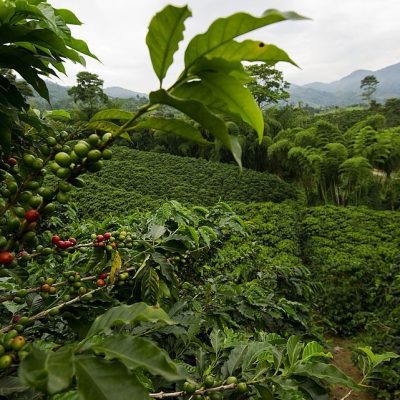
Gelana Geisha Coffee
Gesha (Geisha) coffee from Ethiopia and elsewhere is known for its exceptional scent and flavor, with notes of jasmine, black tea, and tropical fruit, as well as its profound sweetness. All of the coffees we buy from farmers are of high quality and come with background information about the farm or partner from whence the coffee was sourced.
Harrar Coffee
Harar coffee is produced in the Eastern Highlands and exported from the city of Dire Dawa. The bean is of a medium to long. Pointed size and has a greenish to yellowish/golden color. Harar coffee has medium acidity, full body with the distinctive deep Mocca flavor. It is one of the finest premium coffees in the world and is grown at an attitude of 1,800- 2,500meters.
